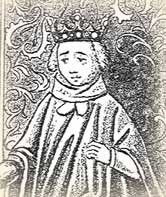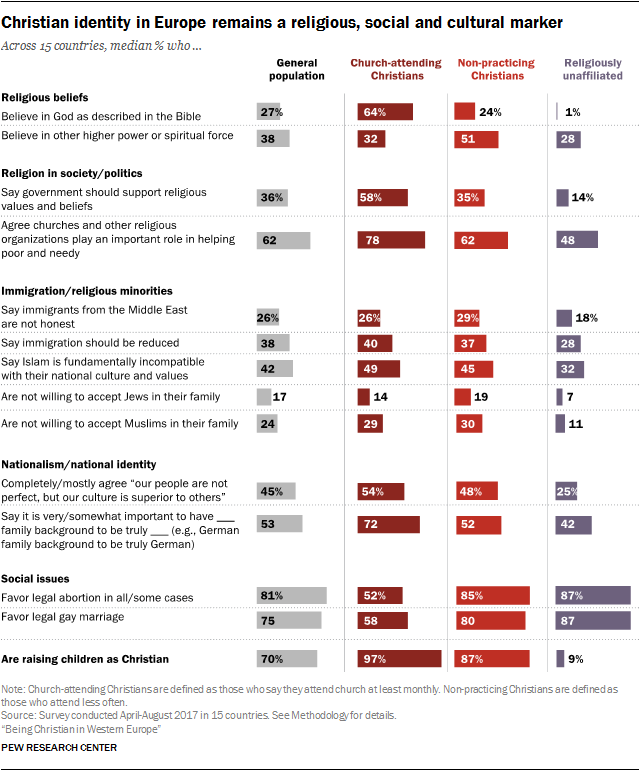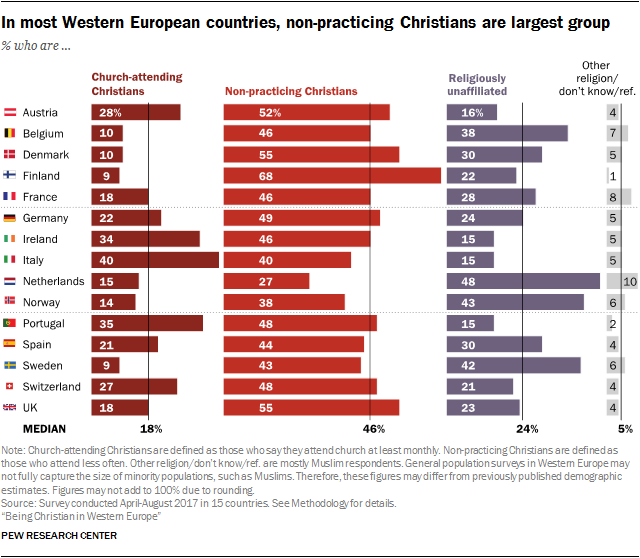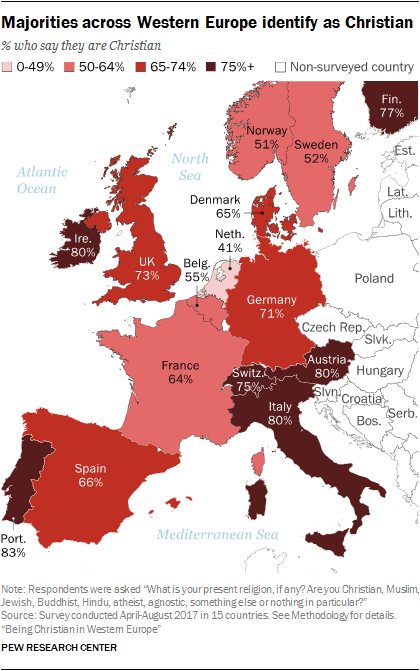Onder de titel Gayformatorisch Dagblad
brengt stichting Roze Maandag eenmalig een krant uit over
homoseksualiteit en geloof. De uitgave wil „een dialoog op gang
brengen.”
De
al eerder aangekondigde krant is een reactie op de commotie over de
flyers van Civitas Christiana die in maart via het Reformatorisch Dagblad werden verspreid, en waarop een rood kruis staat
op de foto van twee zoenende mannen, zegt voorzitter Rona van der
Heijden van stichting Roze Maandag.
„Deze flyer sloot mensen uit, terwijl wij juist staan voor insluiting. We willen laten zien dat geloof en geaardheid, inclusief een huwelijk tussen man en man of vrouw en vrouw, elkaar niet hoeven te bijten.”
Hierin werd geprotesteerd tegen de 'zedenloze' posters van SuitSupply, waarop twee mannen met elkaar zoenen. De flyers waren van de actiegroep 'Gezin in Gevaar' van de conservatief-katholieke stichting Civitas Christiana.
Naar
aanleiding daarvan begon activist Jasper Klapwijk een
crowdfundingsactie om een advertentie in het Reformatorisch Dagblad te
krijgen die positief was over relaties tussen mensen van hetzelfde
geslacht. De krant plaatste deze advertentie niet.
Men zou algemeen moeten komen te aanvaarden dat mensen een bepaald geloof kunnen aanhangen, waarbij anderen hun geaardheid niet als een onoverkomelijk iets moeten aanschouwen om hun uit te sluiten of al of niet in een gemeenschap op te nemen.
Christenen moeten ook inzien dat zij de geest van Christus Jezus moeten aannemen en daarbij open moeten staan voor allerlei mensen en verschillende culturen. Wel mogen zij die bij een bepaald geloof willen behoren niet vergeten welke de leerredenen zijn van die geloofsgroep.
Vreemd is de zinspeling naar het Reformatorisch Dagblad.
Niet beledigend
De naam Gayformatorisch Dagblad is gekozen
„omdat we een naam zochten die een beetje schuurt en uitnodigt tot lezen.”Zowel op de bijeenkomst in de Clarissenkapel in Tilburg als in de krant komen mensen aan het woord die „een geloofsovertuiging hebben” en homo zijn. Dit kunnen bijvoorbeeld ook moslims zijn.
„We zijn er volop mee bezig. Ik kan nog geen concrete namen noemen.”
Het verhaal van een homoseksuele christen die op Bijbelse gronden geen relatie wil aangaan, past even goed in de krant als dat van een getrouwde homo, zegt Van der Heijden.
„We willen zo breed mogelijk zijn. De hoofdredactie van het Reformatorisch Dagblad nodigen we eveneens uit om een bijdrage te leveren. Uiteraard voeren wij wel de eindredactie en geldt dat artikelen nooit beledigend of aanstootgevend mogen zijn.”Verbaasd
Hoofdredacteur Steef de Bruijn van het Reformatorisch Dagblad zegt in een reactie dat hij verbaasd was over de naam ”gayformatorisch”.
„De lezers zullen straks uiteraard het verband leggen met de aanduiding ”reformatorisch” en ik hoop dat ze zich gaan afvragen waar die naar verwijst. Ik ga zeker gebruik maken van de gelegenheid onze opvatting over homoseksualiteit en homorelaties aan de lezers van deze speciale krant voor te houden.”
 As kid I loved "Uncle Tom's Cabin", in full Uncle Tom’s Cabin; or, Life Among the Lowly,
As kid I loved "Uncle Tom's Cabin", in full Uncle Tom’s Cabin; or, Life Among the Lowly, 
 In 1380, the Archbishop of Canterbury, Simon of Sudbury became Lord
Chancellor of England. It was an honor that cost him his life. Outraged
by a corrupt church, a failing war with France, and the hardship of
special taxes, England's peasants revolted. Under the leadership of men
like Wat Tyler, Jack Straw, and John Ball, they petitioned for the
abolition of serfdom, and the reform of tithes, game laws and use of the
forests. Above all they wanted the hated poll (head) tax abolished. Archbishop Sudbury had approved this crushing burden. The
Roman Church was at a low ebb of respect at the time, particularly
because of the great schism which had rival popes warring with one
another.
In 1380, the Archbishop of Canterbury, Simon of Sudbury became Lord
Chancellor of England. It was an honor that cost him his life. Outraged
by a corrupt church, a failing war with France, and the hardship of
special taxes, England's peasants revolted. Under the leadership of men
like Wat Tyler, Jack Straw, and John Ball, they petitioned for the
abolition of serfdom, and the reform of tithes, game laws and use of the
forests. Above all they wanted the hated poll (head) tax abolished. Archbishop Sudbury had approved this crushing burden. The
Roman Church was at a low ebb of respect at the time, particularly
because of the great schism which had rival popes warring with one
another.





